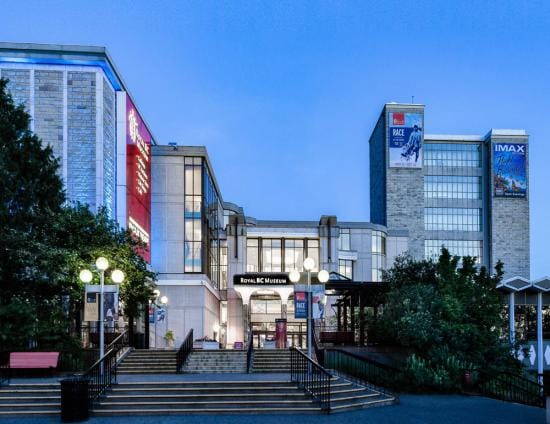
Modernization
Learn more about government’s intention to modernize the museum to protect our historic holdings and provide better access to our collections.
June 10, 2020
Museums, especially a museum like ours, which represents a province and its government, legitimize and amplify the millions of different records, artifacts, specimens, belongings and voices held in their care.
The voices we collect and single out become canonical—the official records of history. When a museum narrates one episode from society’s collective history, it conveys that we think it’s more important than another episode, another voice, another perspective. This is the power of selection.
It’s a sobering responsibility.
Recent events, from the local surge in vitriolic anti-Chinese racism, to the grim anniversary of the recommendations of the National Inquiry into Missing and Murdered Indigenous Women and Girls, to the historical #BlackLivesMatter protests that have catapulted far beyond the US cities where they originated, have reminded us of our responsibility to diversity and inclusion. All these events have been galvanic: all have inspired agonizing reflection that bursts into meaningful action. Indeed, in light of these events, the Royal BC Museum has been considering its role and responsibility as an institution of memory, as an arbiter of the “official” record, as a chronicler of historical injustices, and as a place that dares to be more than a hub of disinterested reflection.
As the province’s museum of human and natural history, we acknowledge the tremendous power imbued in the actions of collecting, caretaking and choreographing voices from the past. So what will we, as the Royal BC Museum, do?
We must continue to seek out and bring forth the voices often silenced in historical accounts. This means working alongside, rather than on behalf of, minority voices. We must continue to speak out when we see in the present disturbing echoes of the past. This means accepting, with humility, the power of our own voice as one that must call out wrongs. We condemn all forms of violence against all persons of colour. Racism and discrimination are abhorrent, intolerable and an insult to human dignity.
And we must take this opportunity to kneel, bow our heads and consider what else we might do to confront systemic forms of racism. This is perhaps a time for us to be quiet and still, to listen and learn. This might mean challenging the very foundations of our own existence. The Royal BC Museum is a living artifact of a colonial system—so what can we do to challenge this imperious colonial legacy? Isn’t this an opportunity to press forward with change?
Today we raise our arms in support of anti-racist and anti-discrimination action, and in support of the hard but necessary work of challenging ourselves to do and be better.
Yours sincerely,
Professor Jack Lohman CBE
Chief Executive
The Royal BC Museum commits to starting the journey of change by: